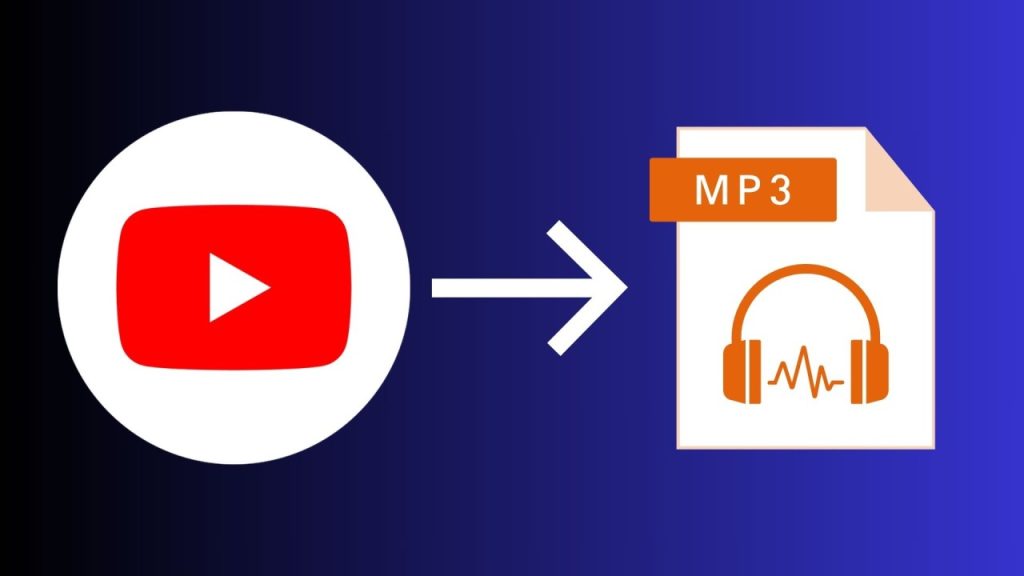High-Quality YouTube to MP3 Converters for Audiophiles
YouTube to MP3 converters have become an increasingly popular tool for users seeking to extract audio from YouTube videos and convert it into MP3 format. This surge in popularity is driven by the ease with which users can save music, podcasts, and other forms of audio content from YouTube for offline listening. The convenience these tools offer is undeniable, especially in an era where streaming platforms sometimes demand continuous internet access or subscription fees. However, the widespread use of YouTube to MP3 converters raises several important issues, particularly concerning intellectual property rights, potential malware risks, and ethical considerations, which highlight the need for better management and regulation. One of the main concerns associated with YouTube to MP3 converters is their potential to infringe on copyright laws. Many YouTube videos, especially music videos, are protected by copyright, and converting them into MP3 files without the creator’s permission constitutes a violation of intellectual property rights. Although some users may argue that they are merely creating backups for personal use or that the content is freely available on YouTube, the issue remains that they are downloading and using copyrighted content without compensating the creators.
This poses significant challenges for the music and entertainment industries, which rely on royalties and other forms of revenue from streaming platforms. Therefore, managing the use of these converters to ensure compliance with copyright laws is essential to protect the rights of content creators and maintain the integrity of the creative industries. Another important issue related to YouTube to MP3 converters is the potential for malware and cybersecurity threats. Many of these tools, especially free online converters, are hosted on websites that are riddled with invasive ads, pop-ups, and malware. Users who download MP3 files from these platforms often expose themselves to the risk of downloading harmful software or viruses onto their devices. In some cases, the malware is disguised as a legitimate file or software update, which can lead to serious data breaches or compromise personal information. As such, it is crucial to raise awareness about these risks and encourage users to be cautious when using such tools. Providing trusted and secure options for audio conversion is an important step toward mitigating these risks and protecting user safety.
 Ethical considerations are also central to the debate on youtube to mp3. While the technology itself is neutral, how it is used can have significant implications for content creators, music artists, and even YouTube as a platform. YouTube generates revenue for creators through ads, subscriptions, and other forms of monetization, which are undermined when users convert and download content without engaging with the platform. This not only affects individual creators but also threatens the broader ecosystem that supports free online content. Managing the ethical use of these converters involves finding a balance between user convenience and respecting the rights of those who produce content. In conclusion, YouTube to MP3 converters offer undeniable convenience, but they come with a host of legal, ethical, and security challenges. As their usage continues to grow, it is increasingly important to manage these tools to protect the interests of content creators, ensure compliance with copyright laws, and safeguard users from cybersecurity risks. Better regulation and education about the responsible use of these converters will be key in addressing these challenges moving forward.
Ethical considerations are also central to the debate on youtube to mp3. While the technology itself is neutral, how it is used can have significant implications for content creators, music artists, and even YouTube as a platform. YouTube generates revenue for creators through ads, subscriptions, and other forms of monetization, which are undermined when users convert and download content without engaging with the platform. This not only affects individual creators but also threatens the broader ecosystem that supports free online content. Managing the ethical use of these converters involves finding a balance between user convenience and respecting the rights of those who produce content. In conclusion, YouTube to MP3 converters offer undeniable convenience, but they come with a host of legal, ethical, and security challenges. As their usage continues to grow, it is increasingly important to manage these tools to protect the interests of content creators, ensure compliance with copyright laws, and safeguard users from cybersecurity risks. Better regulation and education about the responsible use of these converters will be key in addressing these challenges moving forward.
